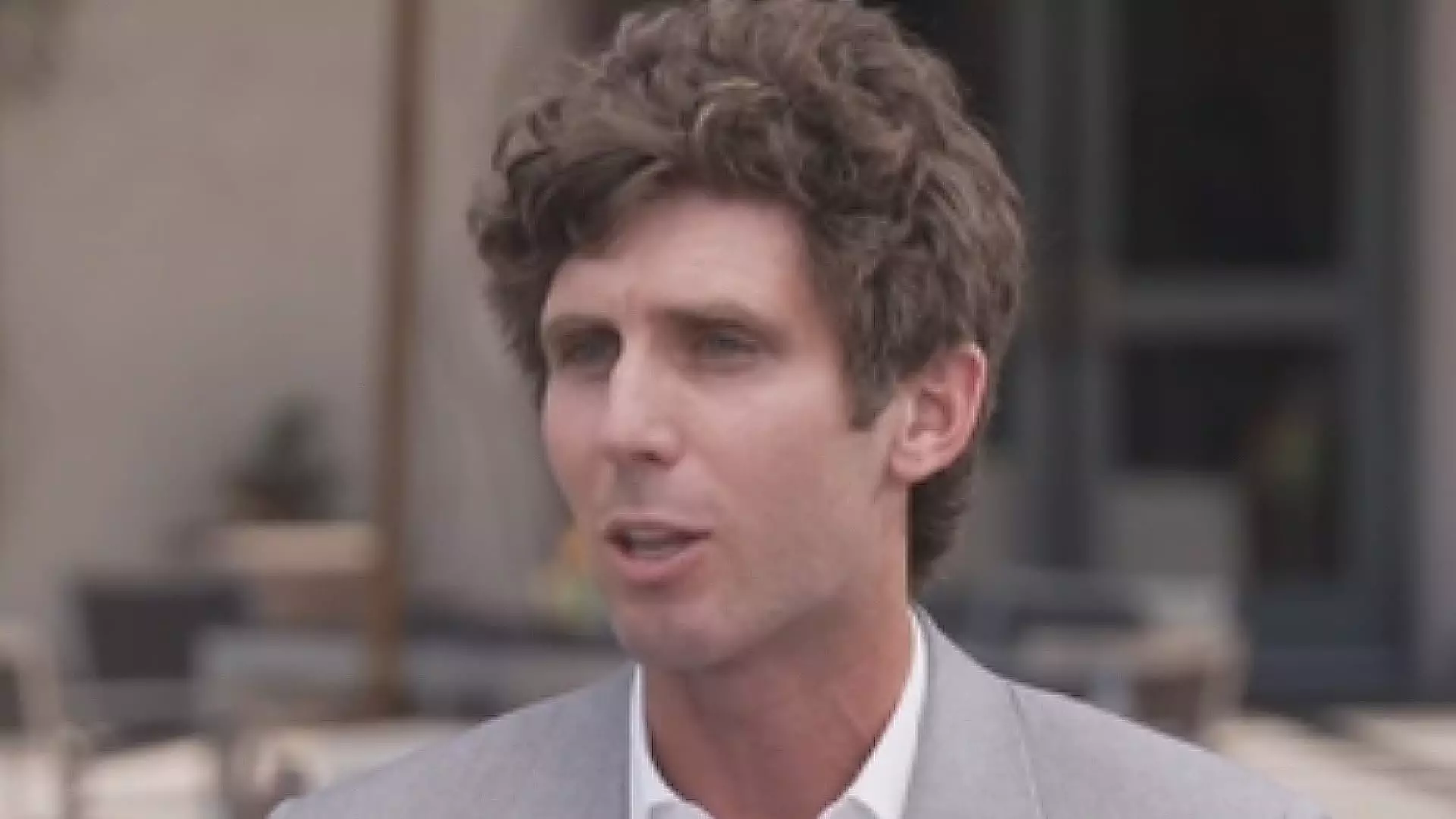In recent years, venture capital firms have increasingly become battlegrounds of ideological expression, often blurring the lines between investment strategies and political ideologies. Sequoia Capital, one of the most revered names in the industry, exemplifies this shift—its internal tensions echo broader societal debates about free speech, political correctness, and the consecration of moral standards within the business world. When Shaun Maguire, a partner at Sequoia, launched a virulent attack against Zohran Mamdani, a Muslim Democrat and New York City mayoral candidate, it became an emblem of that growing politicization. Maguire’s comments were not merely an unfounded opinion—they were an inflammatory attack rooted in prejudice. Yet, Sequoia remained silent, revealing a tacit approval or at least a troubling reluctance to condemn blatant religious bigotry.
The incident underscores how firms like Sequoia risk becoming hypocrites: preaching diversity and inclusion on one hand but allowing members of their leadership to espouse incendiary sentiments on the other. Such duplicity damages the firm’s reputation and tarnishes its integrity, especially when their investments span influential ventures like SpaceX and AI startups. Meanwhile, Maguire’s public self-assurance—his statement that silencing him “will just embolden”—illustrates how a blind allegiance to free expression, divorced from accountability, fosters an environment where hate speech can flourish unchecked.
The Dissonance of Political Bias and Business Ethics
The open letter demanding Sequoia’s accountability laid bare the moral dilemma at play. Signatories, including successful founders and tech leaders, recognized the danger of a venture firm condoning or ignoring such behavior. Their call for an independent investigation into Maguire’s conduct over the past two years raises pivotal questions about what boundaries should exist in an industry that relies on merit, innovation, and societal trust. The absence of a clear stance from Sequoia—despite widespread outrage—further exposes a sector that often prioritizes political loyalty over ethical standards, especially when the offending party is an influential investor.
Sequoia’s complex history adds layers to this controversy. Doug Leone, a prominent supporter of Trump, aligns with Maguire’s political bent, while Mike Moritz condemns Trump’s policies as an industry-wide betrayal of progressive values. This internal dichotomy suggests a lack of cohesive moral compass within the firm, reflecting a broader trend among tech investors—one where ideological favoritism potentially clouds judgment and erodes the principles of fairness and respect that should underpin capitalist enterprise.
Double Standards in Political and Social Discourse
The double standard is stark. Maguire’s incendiary remarks about Mamdani, rooted explicitly in religious prejudice, have met with silence from Sequoia, yet similar statements by political or social media figures are met with swift backlash. This inconsistency reveals a troubling prioritization: the same industry that champions free speech and social justice selectively enforces these ideals based on political convenience.
This selective enforcement fosters a toxic environment that discourages genuine dialogue and breeds division rather than understanding. The tech sector, often lauded for its innovation and progressive outlook, is increasingly tarnished by its own hypocrisy—supporting diversity in theory while enabling a culture that tolerates or even tacitly endorses bigotry as long as it aligns with certain political and cultural lines. Such a climate stifles the open exchange of ideas and discourages honest critique, both of which are vital for a healthy, forward-looking society.
The Implications for the Future of Venture Capital
The Sequoia controversy is a cautionary tale for the entire industry. As venture capital firms wield unprecedented influence over technological and societal developments, their internal culture sends powerful signals about their priorities and values. Turning a blind eye to hate speech disguised as free speech jeopardizes not just individual reputations but the very fabric of community and ethical standards that should underpin innovation.
Moreover, the episode underscores a creeping normalization of ideological double standards: acceptability depends heavily on who is speaking and their political leaning. Such bias destabilizes the meritocratic foundation of venture capital, risking economic inefficiencies and moral decay. If firms want to maintain their legitimacy and moral authority, they must confront these issues head-on—implement transparent policies, enforce zero-tolerance for hate speech, and hold influential partners accountable regardless of political allegiance.
The true test for firms like Sequoia will be whether they adopt genuine reforms or continue to wade in the murky waters of selective tolerance. As the industry faces increased scrutiny from the public and stakeholders, aligning their actions with their proclaimed values is no longer optional. The future of venture capital depends on whether it can shed its internal hypocrisies and champion principles of fairness and respect—especially in a world increasingly polarized by the very ideologies it claims to oppose.

